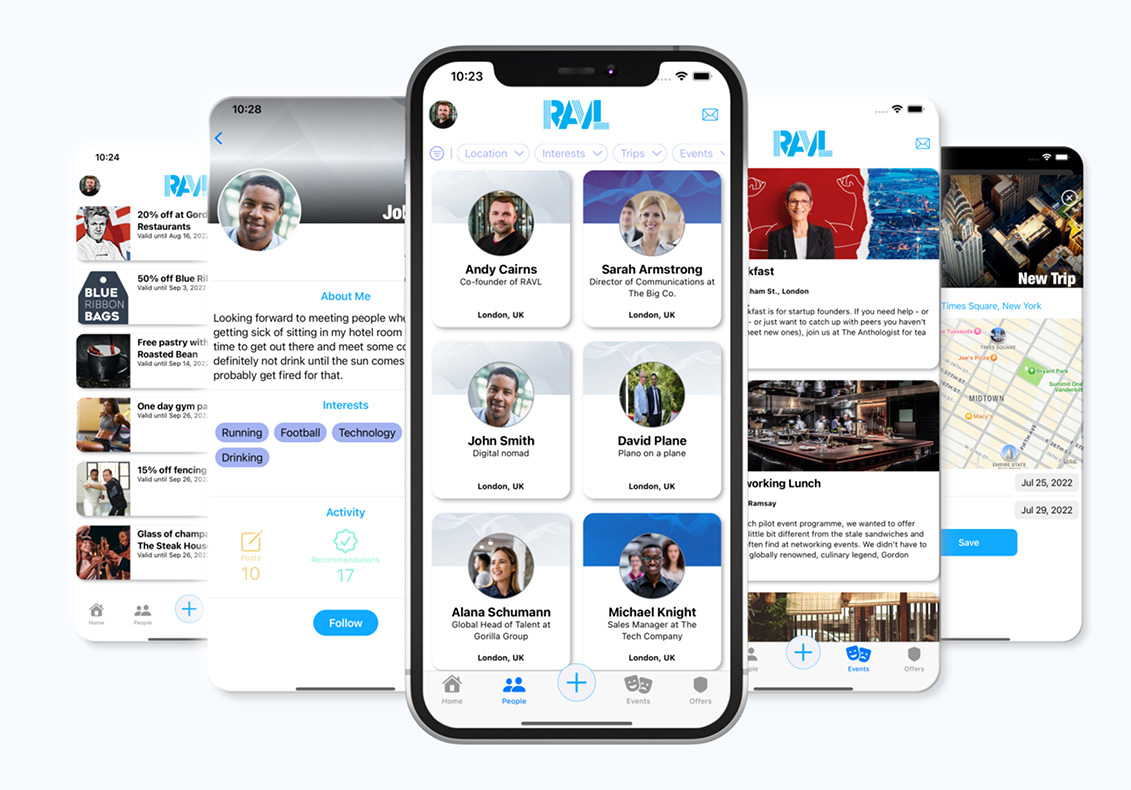Sustainable Travel
Trading Business Class for Extra Days
The world of business travel is undergoing significant transformations, driven by evolving corporate priorities and traveller preferences. One notable trend is the increasing willingness of business travellers to exchange business class flights for additional non-working time at their destination. This shift is part of a broader reconfiguration of business travel practices, influenced by several key factors: cost management and ROI, sustainability, work-life balance, and objective stacking.
Cost Management and ROI in Business Travel
In today's corporate environment, the emphasis on cost management and maximising the return on investment (ROI) for each business trip is more pronounced than ever. Companies are scrutinising travel budgets, seeking ways to optimise expenses without compromising the effectiveness of business travel.
Traditionally, business class flights were the norm for many corporate travellers, offering comfort and amenities that facilitated productivity during flights. However, as companies focus on cost efficiency, a growing number of business travellers are opting for economy class in exchange for more leisure time at their destinations. This trend aligns with the concept of "bleisure" travel, where business and leisure blend seamlessly. By saving on airfare, companies can afford to offer employees extended stays, allowing them to explore new locations and unwind after their business commitments.
Sustainability: A Key Driver in Corporate Travel Decisions
Sustainability is becoming a critical consideration in corporate travel decisions. As companies strive to reduce their carbon footprints, the travel industry is seeing a shift towards more environmentally friendly options. Flying economy class, for instance, has a significantly lower carbon footprint compared to business class. This aligns with the sustainability goals of many organisations, encouraging business travellers to choose economy over business class.
Companies are increasingly aware of the environmental impact of business travel and are implementing policies that promote sustainable practices. This shift not only helps in achieving corporate sustainability targets but also enhances the company's reputation as a responsible and eco-conscious entity.
Enhancing Work-Life Balance for Business Travellers
Work-life balance is a growing priority, particularly among younger generations such as Millennials and Gen Z. These travellers value experiences and personal time, often seeking opportunities to extend their business trips for leisure purposes. By offering the option to forego business class flights, companies can provide employees with additional non-working days at their destination, contributing to their overall well-being and job satisfaction.
This approach also addresses the burnout that many business travellers experience due to the demanding nature of corporate travel. Allowing extra time for leisure activities can rejuvenate employees, making them more productive and engaged in their professional roles.
Objective Stacking: Maximising the Value of Business Trips
Businesses are increasingly encouraging trips that fulfil multiple objectives, a concept known as objective stacking. This strategy aims to justify the expense and carbon footprint of business travel by combining various business and leisure activities. For instance, a single trip might include client meetings, team-building exercises, and exploration of potential markets, along with personal leisure time.
Objective stacking not only maximises the value derived from each trip but also makes the travel experience more enriching for employees. It supports the idea that business travel can be both productive and enjoyable, fostering a more holistic approach to corporate travel.
The Future of Business Travel
The evolving trends in business travel reflect a broader shift towards cost efficiency, sustainability, and enhanced work-life balance. Companies are adapting their travel policies to align with these priorities, offering flexible options that cater to the diverse needs of their employees.
While business class flights will continue to be a choice for some, the growing trend of opting for economy class in exchange for extended stays is reshaping the landscape of corporate travel. This change is driven by the recognition that business travel can be optimised to provide greater value, both for the company and the traveller.
As the business travel industry continues to evolve, companies and travellers alike will benefit from practices that prioritise cost management, sustainability, and work-life balance. By embracing these trends, organisations can create more efficient, responsible, and enjoyable travel experiences for their employees.
Embracing Change: The Way Forward
In conclusion, the trend of allowing business travellers to forego business class flights in exchange for additional non-working time is part of a broader shift in business travel practices. Influenced by factors such as cost management, sustainability, work-life balance, and objective stacking, this trend is transforming how companies and employees approach corporate travel.
For business travellers, this means more opportunities to blend work with leisure, enjoy extended stays at their destinations, and contribute to their company's sustainability goals. As the industry adapts to these changes, the future of business travel looks set to offer a more balanced, cost-effective, and environmentally friendly approach.
By staying attuned to these evolving trends, business travellers can make informed decisions that enhance their travel experience and support their company's strategic objectives. Whether flying economy or business class, the focus is on creating value and ensuring that every business trip contributes positively to both personal and corporate goals.
